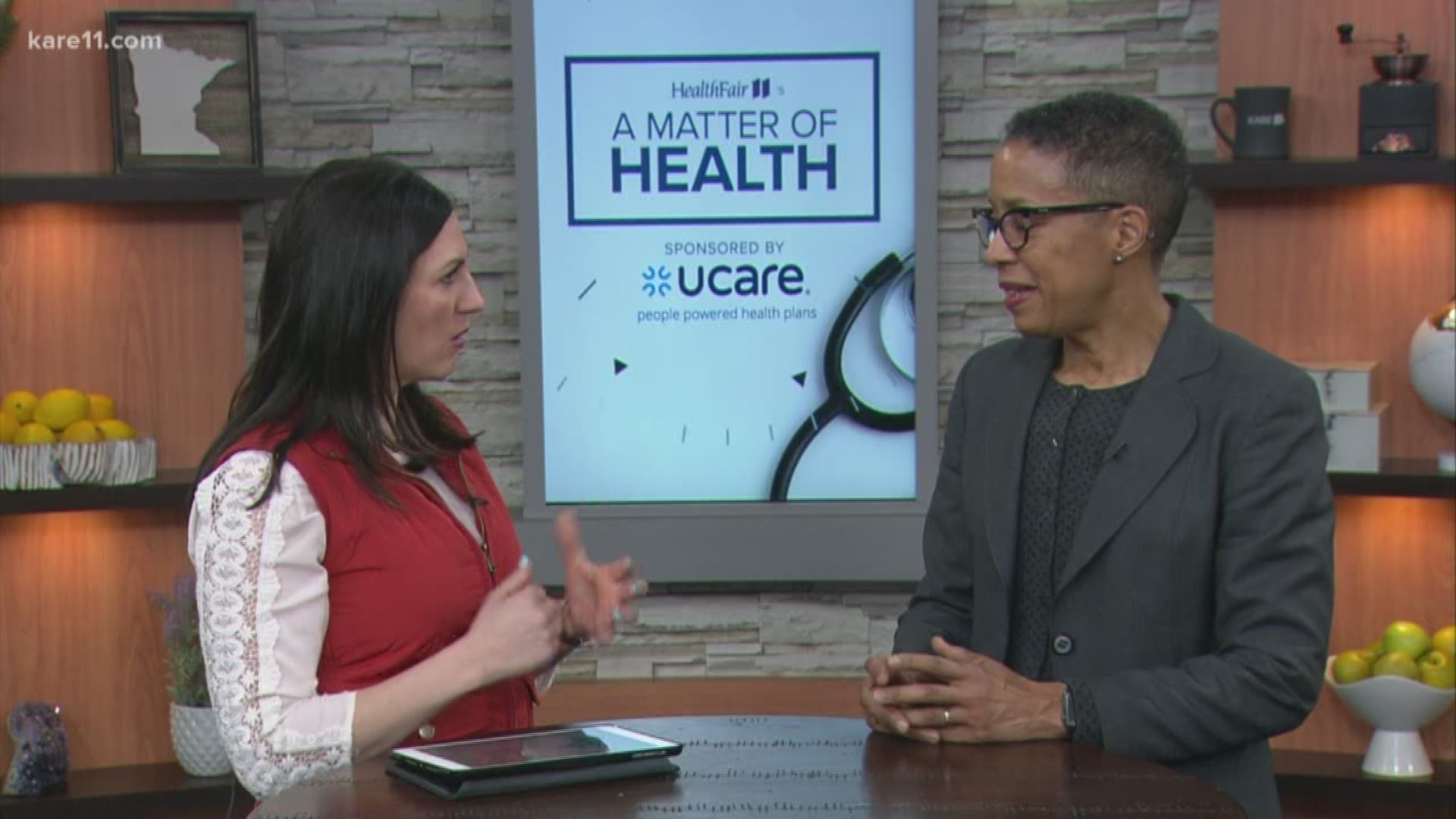GOLDEN VALLEY, Minn. — Winter is the season of sore throats, cold, flu and sometimes sinus infections. Adults average 2 to 3 colds per year, and children have many more.
So how do you distinguish between a sore throat and strep throat, a typical head cold and a sinus infection?
Strep throat vs. sore throat
UCare’s Chief Medical Officer, Dr. Julia Joseph-Di Caprio said strep throat is seen more often in children and teens, but there's no reliable sign or symptom that can be used to tell if you have strep.
If you have a sore throat and a fever, a sandpaper-like rash, red spots on the back of the throat or the roof of the mouth, or swollen tonsils – sometimes with white patches, you may have strep, especially if you’ve been around someone with strep.
However, the only way to determine if you have strep is to be tested. The best way to diagnose it is with a rapid strep test, which can provide quick results.
Doctors usually treat strep throat with antibiotics.
If you have cold-like symptoms with a sore throat, including coughing, runny and stuffy nose or sneezing, then you probably don’t have strep.
Sore throats can be noninfectious – caused by allergies or dry air – or infectious – caused by a virus or bacteria. Viruses are the most common.
Head colds and sinus infections
The main difference between a cold and sinus infection is the length of time you have symptoms.
Cold sufferers typically have a runny nose for two to three days, followed by a stuffy nose for two to three days. After that, most people begin to feel better.
A sinus infection, however, can linger for a week up to a month, and people with a sinus infection often have face pain, that is worse when they bend forward.
Sinus infections happen when fluid builds up in the air-filed pockets in the face (sinuses), which allows germs to grow. Viruses cause most sinus infections, so antibiotics are usually not needed.
When to see a doctor
If you have high fever, trouble swallowing or breaking, or a stiff neck, then you should call your doctor, clinic or health insurer’s nurse line right away.
HealthFair 11's A Matter of Health is a monthly segment on KARE 11 News at 4, sponsored by UCare.



